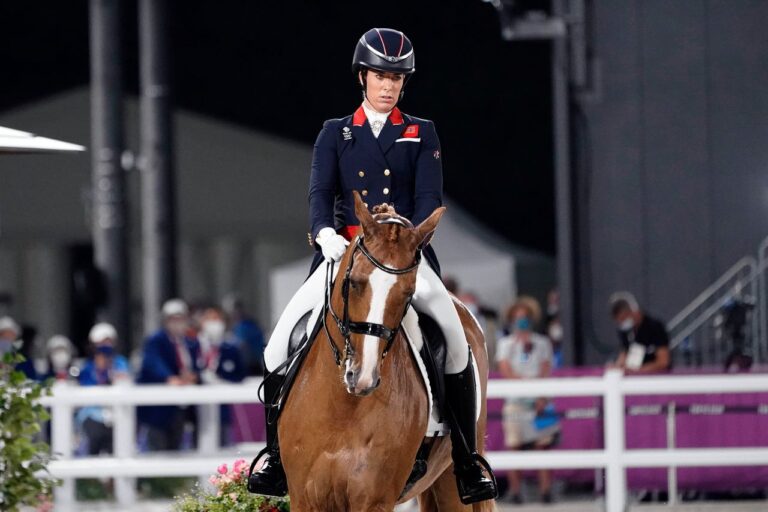On the 13th of January 2016 the Court of Oost-Brabant an interlocutory judgment was made on the contractor’s duty to warn when carrying out the agreement.
The case was as follows:
The client of Schelstraete (“A”), being an equestrian business, gave an assignment to a Belgian firm (“B”) for the construction of an equestrian surface, consisting of a sufficient functioning draining system and a turf that could be put back in place. “B” informed that the top layer needed to be removed in order to replace several layers with layers containing a draining function. After that the old top layer would be placed back in again.
After performing the work “A” noticed that even with an average rain shower puddles started to appear on the grass track, which resulted in not being able to use the track.
“A” therefore came to the conclusion that the surface did not comply to the requirements of the permeability, which “B” disputed.
“A” started a legal procedure against “B”. In this procedure an expert was appointed to investigate the surface. The expert came to the conclusion that the surface did not meet the standards due to maintaining the old top surface.
“A” claimed that “B”, being the contractor and a professional in the area of delivering equestrian surfaces, had a duty to warn with regards to the top layer and has violated this duty by not informing “A” of the unsuitability of the top layer and by not advising “A” to also replace the top layer.
“A” turned to article 7:754 of the Civil Code which says:
“When performing an agreement the contractor is obligated to warn the client for any inaccuracies in the assignment as far as known or reasonably could be known. The same obligation is applicable in the event of defects or unsuitability of goods originating from the client, including the surface on which client is having the work performed on as well as defects in the by client provided plans, drawings, calculations, specifications or implementation guidelines”. In an interlocutory judgment on the 13th of January 2016 the Court decided in favour of “A” and decided that “B” did not fulfil its duty to warn.
This brings that “B’s shortcoming in fulfilling the agreement is attributable and therefor is bound to compensate “A” for the damages that occurred. Parties have continued litigation on this matter.


